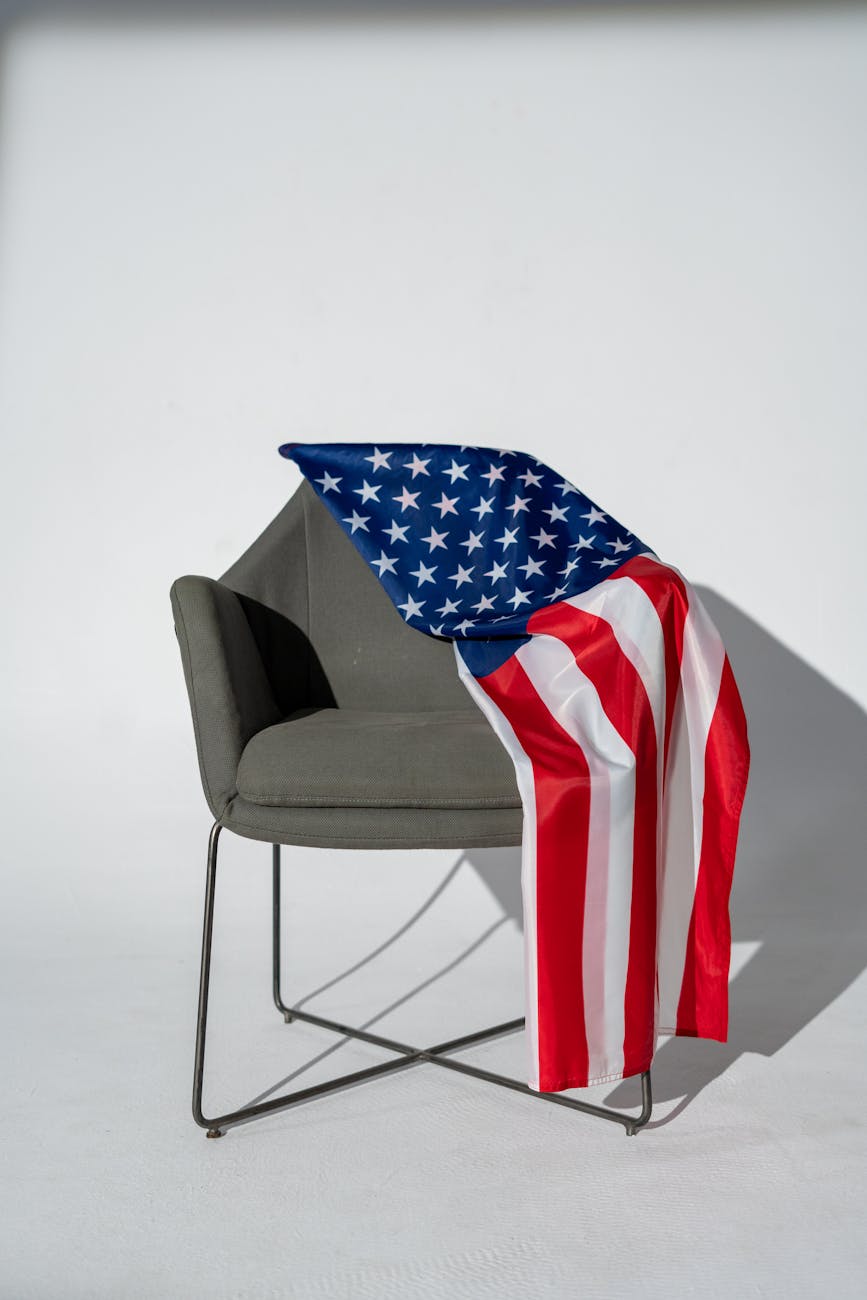The 4th of July, also known as Independence Day in the United States, is a day of national celebration commemorating the country’s declaration of independence from British rule in 1776. It is a time for fireworks, barbecues, and patriotic festivities. However, for us, the 4th of July is not a day of unbridled patriotism and celebration. Instead, it is a day marked by complex feelings and reflections on the history of racial inequality and injustice in America.
The decision for many of us not to celebrate the 4th of July stems from a deep-rooted awareness of the historical context surrounding this holiday. For us, the 4th of July represents a paradoxical symbol of freedom and oppression, highlighting the contradictions embedded in the nation’s founding principles.
One of the primary reasons why we don’t celebrate the 4th of July is the recognition of the country’s legacy of slavery and systemic racism. While the Declaration of Independence proclaimed that “all men are created equal” and endowed with “certain unalienable rights,” the reality for us has been marred by centuries of enslavement, segregation, discrimination, and violence.
The 4th of July also evokes feelings of exclusion and marginalization. We’ve historically been denied full citizenship rights and equal treatment under the law. The holiday’s association with the founding fathers, who owned slaves and perpetuated racial inequalities, serves as a reminder of the nation’s troubled past and ongoing struggles for racial justice.
Moreover, the historical significance of the 4th of July is intertwined with the erasure of our contributions to American history and the continued disparities faced by our communities in areas such as education, healthcare, employment, and criminal justice. The celebration of independence and freedom can feel hollow and hypocritical in the face of persistent racial disparities and injustices that persist in society.
For us, choosing not to celebrate the 4th of July is a form of resistance, protest, and affirmation of our identity and values. It is a way to reclaim agency, challenge dominant narratives, and advocate for a more inclusive and equitable society that upholds the principles of liberty, justice, and equality for all.
While the decision not to celebrate the 4th of July is a personal choice influenced by individual experiences and perspectives, it reflects a broader conversation about the complexities of American history, identity, and social justice. Recognizing and engaging with this dialogue is essential for fostering understanding, empathy, and meaningful change in addressing the legacy of racism and inequality in the United States.



